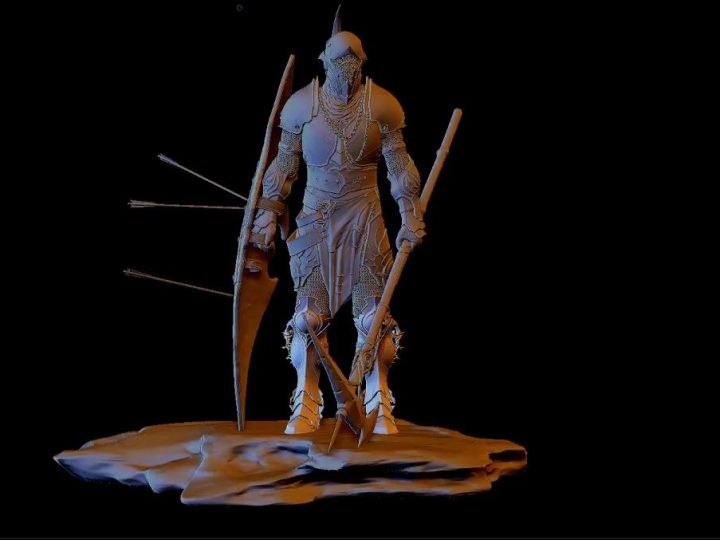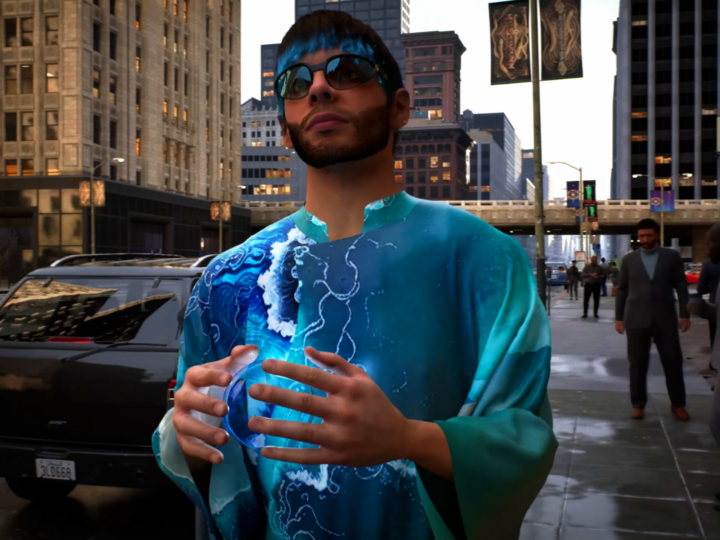This Tool is Available On
Gumroad Link :
https://quantalityfx.gumroad.com/l/RefOverNet
REF OVER NET – Feature Summary
A Houdini tool to overlay images directly on the Network Editor.
Primary Purpose
– Overlay images on top of the Houdini Network Editor to provide a visual reference during network design.
– Capture a preview of what a specific stage of the network looks like in the viewport, offering a snapshot of the current state.
– Designed for adding reference images, layout guides, visual annotations, and for saving parameter settings for later review.
– Facilitates documentation and an iterative workflow by allowing you to record and recall configurations directly from the network view.
– Operates in a custom overlay window (with an adjustable, drawn border for resizing) that aligns with the Network Editor, ensuring the reference remains contextually integrated with your node network.
Image Management
– Load Images Button – Click the “Load Images” button to import multiple images into a mosaic-style canvas.
– Drag images to reposition them anywhere over the network.
– Scale individual images via border-drag actions.
– Use Snap-to-Center and Frame-to-Fit features (triggered by the “Frame” button) to quickly adjust the view.
– Remove selected images using the “Remove” button.
Navigation + Interaction
– MMB Drag – Pan the entire canvas smoothly.
– RMB Drag – Perform pivot-centered exponential zoom.
– Mouse Wheel Zoom – Enjoy smooth zooming with scroll gestures.
– Left-Click Actions:
– Select an image.
– Initiate drag or scaling operations.
– Deselect by clicking on the canvas or image margin.
Snapshot Tools
– View Mode: Captures the Houdini Scene Viewer with transparency.
– UI Mode: Captures the full Houdini interface.
– Choose the desired mode from the snapshot mode combo (options “View” or “UI”), then click the “Snapshot” button.
– Snapshots are automatically loaded into the overlay as new reference images.
– Snap files are auto-saved with incrementing filenames in $HIP/Ref.
Calibration & Visual Aids
– Calibration Image Toggle – Use the “Calibration Box” checkbox to toggle a calibration image (e.g., NetEditor_Height.JPG) for additional reference.
– Snap Boxes – Pre-set sizes (like 1050px, 700px, etc.) with a cycling index to assist with layout.
– Canvas Outline Toggle – Activate the “Canvas” checkbox to display the complete boundary of the image layout.
– Guide Lines – Enable the “Guides” checkbox for better visual alignment.
– Debug Popup – Activate the “Path” checkbox to display a popup with the current network path and update count.
Control Panel UI
– Toolbar Buttons:
– “Load Images” Button – Import images into the canvas.
– “Snapshot” Button – Capture snapshots (choose between View/UI mode via the combo box).
– “Frame” Button – Automatically adjust the view to frame all images.
– “Remove” Button – Delete the currently selected image.
– “Show Calibration” Button – Toggle the calibration panel (changes to “Hide Calibration” when active).
– “Lock Image ZP” Button – Lock/unlock image zoom/pan.
– “Lock Nav” Button – Lock/unlock navigation within the canvas.
– Window Mode Combo – Select the window mode from “Auto Window Size”, “Lock Window Size”, or “Unlock Window Size”.
– Calibration Panel Controls:
– Adjust parameters such as drag_divisor, zoom_multiplier, and scroll_zoom_step using the provided spin boxes.
– “Record Snap” Button – Record current calibration settings.
– “Reset Setup” Button – Reset calibration data (stored in $HOME/image_tool_calibration.json).
Window Behavior
– Custom Overlay Window – This window aligns with the Houdini Network Editor.
– It uses custom-drawn chrome (no standard OS title bar), yet includes an adjustable border for resizing.
– Auto-Resize Mode – Synchronizes automatically with the bounds of the Network Editor.
– Manual Resizing – Adjust the window via drawn border handles with visual feedback.
– Option to lock/unlock window size and position.
– Window and Canvas Configurations are saved per HIP/network context, ensuring consistency between sessions.
State Persistence
– Each network path gets its own configuration (layout, zoom level, offsets, etc.), stored as JSON in $HIP/Ref/image_tool_config.json.
– Session state is restored so you can resume your work exactly where you left off.
Logging
– All activity is logged to: $HIP/Ref/image_tool.log



